SUMMARY
This is AI generated summarization, which may have errors. For context, always refer to the full article.
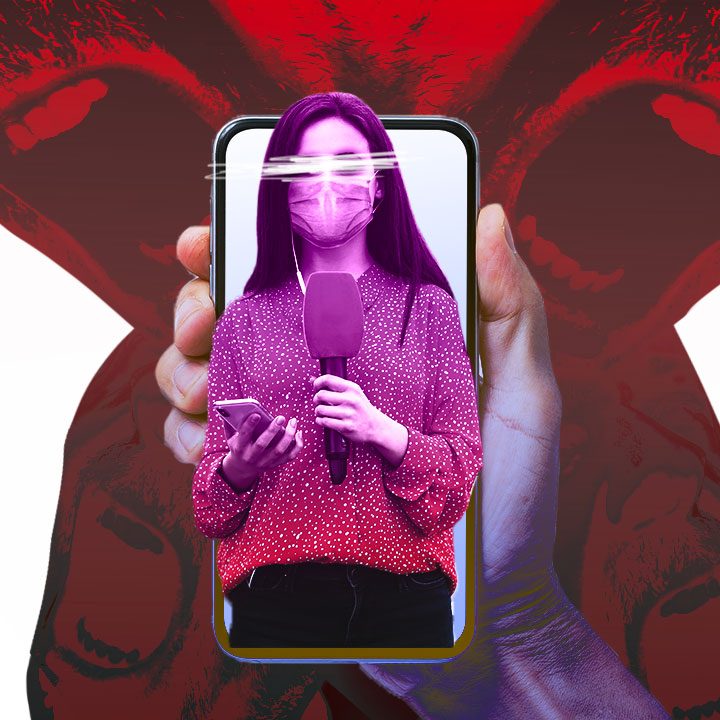
Research by the United Nations Educational, Scientific, and Cultural Organization (UNESCO) showed a sharp increase in online violence against women journalists, owing to populist politics, disinformation, and social media platforms’ failures.
UNESCO on Friday, April 30, launched the research discussion paper, “The Chilling: Global Trends in Online Violence Against Women Journalists,” written by the International Center for Journalists (ICFJ) led by ICFJ Global Research Director Julie Posetti.
One of the case studies in the UNESCO report is Rappler CEO Maria Ressa, an internationally acclaimed Filipino journalist who is the target of online attacks and court cases for her and Rappler’s investigative reporting.
Ressa, who is also the recipient of a prestigious UNESCO press freedom award, said in the report that “first, I’m attacked for being a journalist, second, I’m attacked for being a woman.”
The report was released days before World Press Freedom Day on Monday, May 3.
“This report demonstrates that online violence against women journalists is a global phenomenon,” the report said.
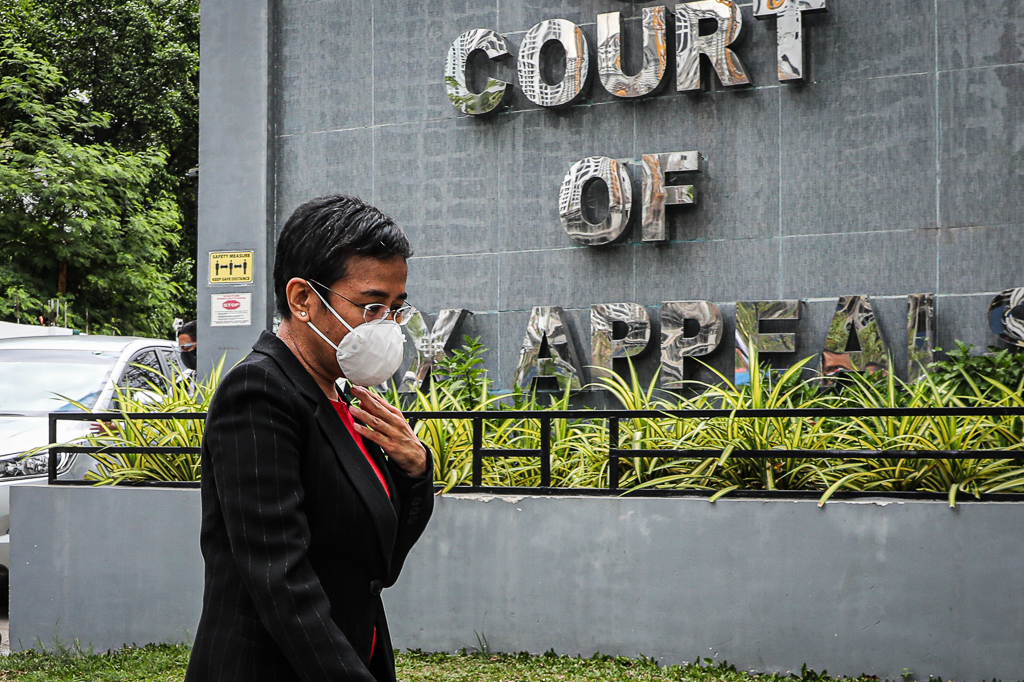
“There is a climate of impunity surrounding online attacks on women journalists which must be more urgently and affectively addressed because impunity emboldens the perpetrators, demoralizes the victim, erodes the foundation of journalists, and undermines freedom of expression,” it added.
The research paper is part of a full interdisciplinary study to be released by middle of 2021. The full study used the following:
- A global survey of 901 journalists from 125 countries,
- Long-form interviews with 173 journalists and experts,
- Big data case studies focusing on the attacks directed at Rappler’s Ressa and award-winning British investigative journalist Carole Cadwalladr, who broke the story about how political consulting firm Cambridge Analytica harvested data of millions of Facebook users,
- 15 detailed country case studies
Key findings
The research found that online attacks have real-life impact, with 20% of women journalists surveyed reporting they have experienced abuse and attacks – mental, physical, and legal harassment – that they believed were linked to online threats.
Misogyny plays a crucial factor, too, with the report saying it intersects with other forms of discrimination, such as racism, homophobia, religious bigotry, making the attacks worse.
- While 64% of white women journalists said that they had experienced online violence, that number was 81% for Black women journalists who responded, 86% for indigenous women, and 88% for Jewish women journalists.
- 88% of lesbian and 85% of bisexual women journalists said they had been targeted in online attacks – way more frequent than heterosexual women (72%)
Forty one percent of survey respondents also said they had been targeted online by a seemingly orchestrated disinformation campaign.
The paper also found that online attacks against women journalists have political motives, with political actors, extremist networks, and partisan media as instigators and amplifiers of online violence.
Ultimately, the study said platforms are the “major enabler for online violence,” with Facebook rated as the most dangerous platform.
In an earlier case study on Ressa, ICFJ found that many of the abuse and threats against her were fueled by Philippine President Rodrigo Duterte’s public statements demonizing Ressa and Rappler as criminals, which were then amplified in a coordinated manner by pro-administration bloggers and trolls.

A critic of Facebook’s policies and practices, Ressa had also said she feels “much safer” on Twitter than on Facebook.
“I feel like Twitter is prioritizing human rights activists and journalists under attack – and I’ve spoken to others who feel the same way. Their reporting tool aggregates similar tweets, takes less time, and is far more effective in takedowns,” Ressa said. – Rappler.com
Add a comment
How does this make you feel?


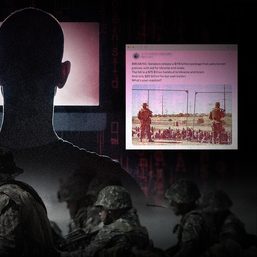
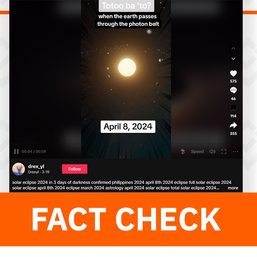


![[Newsstand] The media is not the press](https://www.rappler.com/tachyon/2024/04/tl-media-is-not-the-press-04132024.jpg?resize=257%2C257&crop=281px%2C0px%2C720px%2C720px)
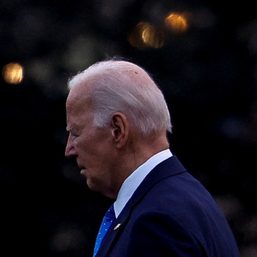

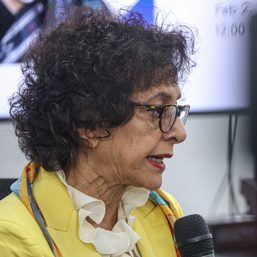
There are no comments yet. Add your comment to start the conversation.